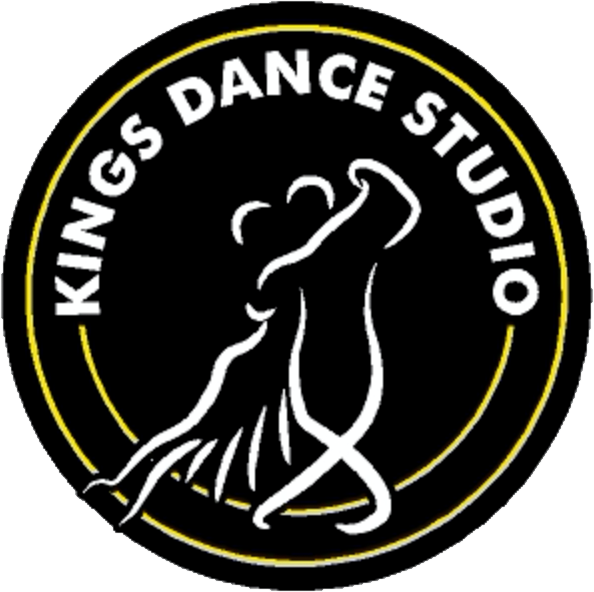Spot or Traveling Dance. Ballroom Latin. The Samba as a “partner dance” is a much slowed-down version of Brazilian street-dance. Our Samba is done to South American rhythms as well as many Latin-flavored pop tunes and can also be danced to Zouk or Flamenco music.

Spot or Traveling Dance. Ballroom Latin. The Samba as a “partner dance” is a much slowed-down version of Brazilian street-dance.
Our Samba is done to South American rhythms as well as many Latin-flavored pop tunes and can also be danced to Zouk or Flamenco music. Samba has motion different than the Cuban motion of other Latin dances like Salsa and Rumba, and is danced with a slight sexy body bounce. Count: a1& a2 a3& a4 (accent on downbeat)
Ballroom smooth dances like Waltz and Tango. Ballroom Latin and Club Latin dances like Cha Cha, Salsa and Bachata. Swing dances like East Coast Swing, Lindy and West Coast Swing. And Club and Country Dances like Country Two-Step, Hustle and Nightclub Two-Step.
Our reputation for teaching social dancing in the Portland area is one of the best! Join us and add movement, social activity, personal achievement and joy to your life!

?Samba is a lively, rhythmical dance of Afro-Brazilian origin danced to Samba music. Samba is a dance authentic to African people in Brazil who brought much of their music and dance culture into Latin America.

Samba Dance Classes are offered by Harpe's Dance Inc for all ages and skill level. Bring fun and excitement to your life with an introduction to dancing at Harpe's Dance Inc. It is the investment in yourself that is truly rewarding.

Samba no pé (literally, "samba in the foot") is a solo dance that is commonly danced impromptu when samba music is played. It’s what you think of when you imagine Brazilian Carnival parade dancers — with gigantic feather headdresses and elaborate (and skimpy) beaded costumes.

Samba Dance Classes are offered by Kings Dance Studio. At Kings Dance Studio we teach everyone from kids to adults. It's never too late to learn to dance.

The word "Samba" is likely derived from the word "Semba", which in the African Bantu language means "naval bump," and depicts the intimacy and "invitation" to dance that is common to many Afro Latin dances.
© 2025 coursetakers.com All Rights Reserved. Terms and Conditions of use | Privacy Policy